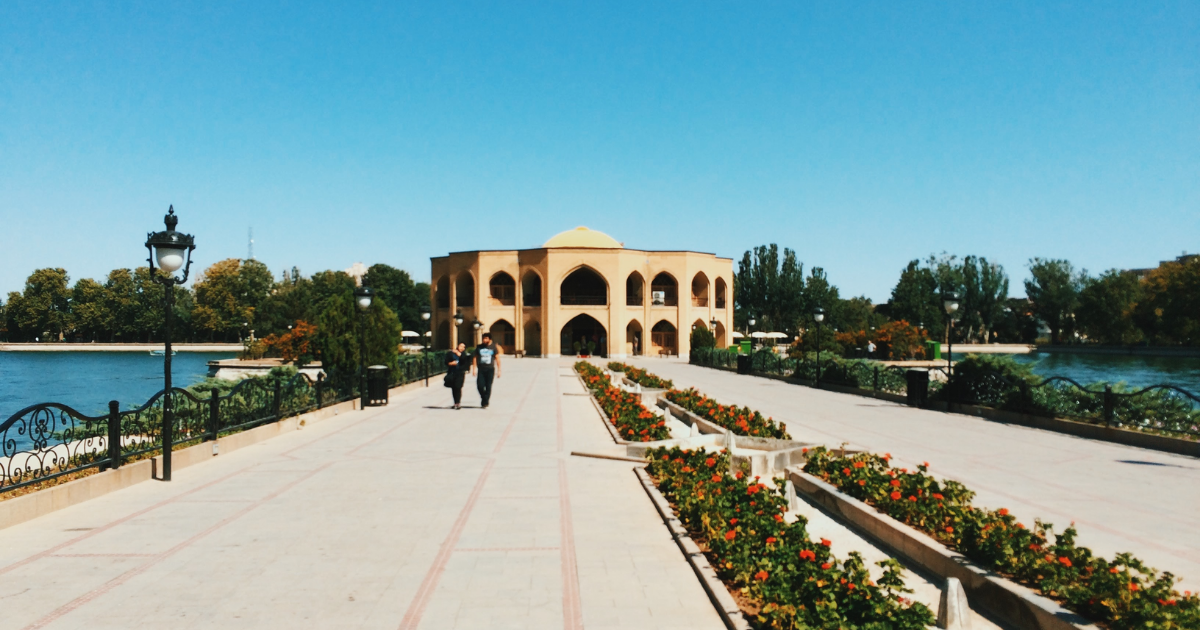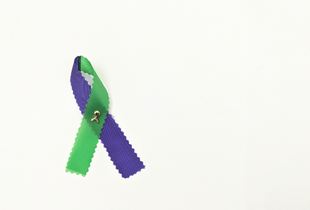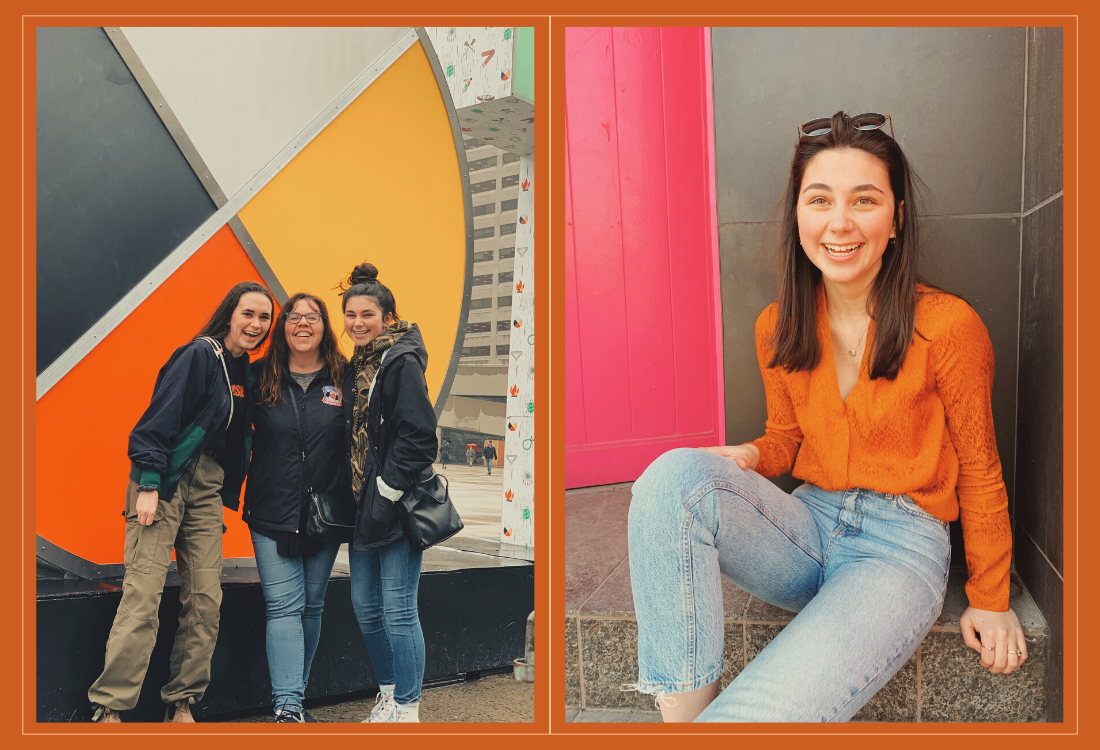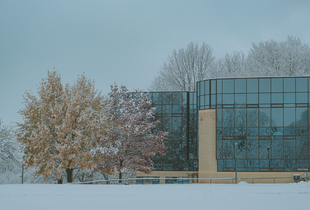The Struggles of a Second-Generation Canadian
 Written by: Idin Fakhrjahani, 3rd Year Western Student
Written by: Idin Fakhrjahani, 3rd Year Western Student
Photo courtesy of: Idin Fakhrjahani
Being a second-generation Canadian is quite conflicting, and I know that I am not the only person who feels this way. Although I am aware of, and grateful for, the privileges afforded to me as a result of my parents’ sacrifices, I still face certain challenges which are important to acknowledge. Let me provide some context.
I am Iranian Canadian due to the fact that I was born in Canada but have Iranian heritage. Being part of the Iranian diaspora means that I have an inherent connection to my family’s homeland, however, living in Canada has caused me to feel disconnected from my roots. Growing up, my parents did an exceptional job of teaching me about Iranian culture and traditional practices, but that did not prevent me from fantasizing about alternate realities. That is, fantasizing about what our lives would look like had circumstances not caused my parents to emigrate from Iran.
My Iranian identity was also quite complicated to navigate while growing up. I am an Iranian Azeri, which means my mother tongue is the Azerbaijani (Azeri) language. Iranian Azeris are an ethnic minority within the Iranian nation-state. As a result of this identity, my people and I have experienced much discrimination, causing harmful feelings of inadequacy. Specifically, it has been difficult to feel Iranian enough for the Persian majority, while also trying to feel adequate as an ‘Azeri.’ This is simply another example of an identity crisis that I continue to experience, fueling my fantasies of alternate realities.
The first time I remember recognizing this phenomenon was during the early years of my schooling. I was born in the city of Toronto, and while it was, and still is, quite diverse, I could never shake the feeling that I needed to behave in a ‘Canadian way,’ in order to fit in. I remember being embarrassed to eat my Iranian food – ghormeh sabzi – due to its rich smell and unique appearance, while secretly wishing that my mother would simply pack me sandwiches like my peers. The feeling was exacerbated by the fact that I needed to code-switch between English and Azeri, depending on whether I was at school and with friends, or at home and with family. This was even more alienating since I never felt quite at peace with this identity.
Although I love being Iranian and am passionate about my culture, I have never felt like there was a space where I could be entirely Iranian other than at home. In settings other than home, I was Canadian. It is as though I was a different person, for different people – changing my identity to match my surroundings. The best way I can describe it is that to my Iranian family, I am Canadian, but to my Canadian friends, I am Iranian. And when you include in the mix that I am actually an Iranian Azeri, things get even more complicated.
This experience is the reality faced by second-generation members of the diaspora. Once I realized that I wasn’t the only individual who had had these thoughts, I took it upon myself to put them into words, as I have now. I can only begin to imagine the confusion, grief, and wonder associated with being an immigrant to Canada – uprooting your entire life to create a new one. However, I think it is important to recognize the consequences that immigration has for second-generation Canadians. Again, although I certainly benefitted from my parents’ immigration, to ignore the associated hardships would be a disservice to all fellow second-generation immigrants, wherever they are in the world.
In the future, I hope to continue exploring my unique identities. I want to feel adequate as an Iranian, and to feel as if I am not necessarily a ‘foreigner.’ I also want to lay claim to my Canadian identity in a way that recognizes my upbringing in this country, as well as my status as a settler on colonized, Indigenous land. Finally, I would like to continue exploring my Azerbaijani identity, such that I am not only fluent in the language, as I am now, but also in cultural traditions. One day, I hope for all my fellow second-generation immigrants to feel secure in their national and ethnic identities, and to know that their struggles deserve care and attention. I hope to provide solace with my words, knowing full well that I have yet to achieve it myself. As the elders in my life like to say, this too shall pass, and on the other side, we shall be stronger.
Check out more blogs:

Coming Together to Stand Against Islamophobia
Shaowda, a Bengali-Muslim student at Western, shares the importance of standing up against Islamophobia. Read the full article now!

Living a Life of Diversity and Duality
Olivia shares her truth and reflects on the importance of culture in her own life, and the world. Read the full article now!

Reflecting on Western's International Week
Netanya interviews Grace, an International student, about her experience of International Week and how Western can better support International Students. Read the article now!
Published on

